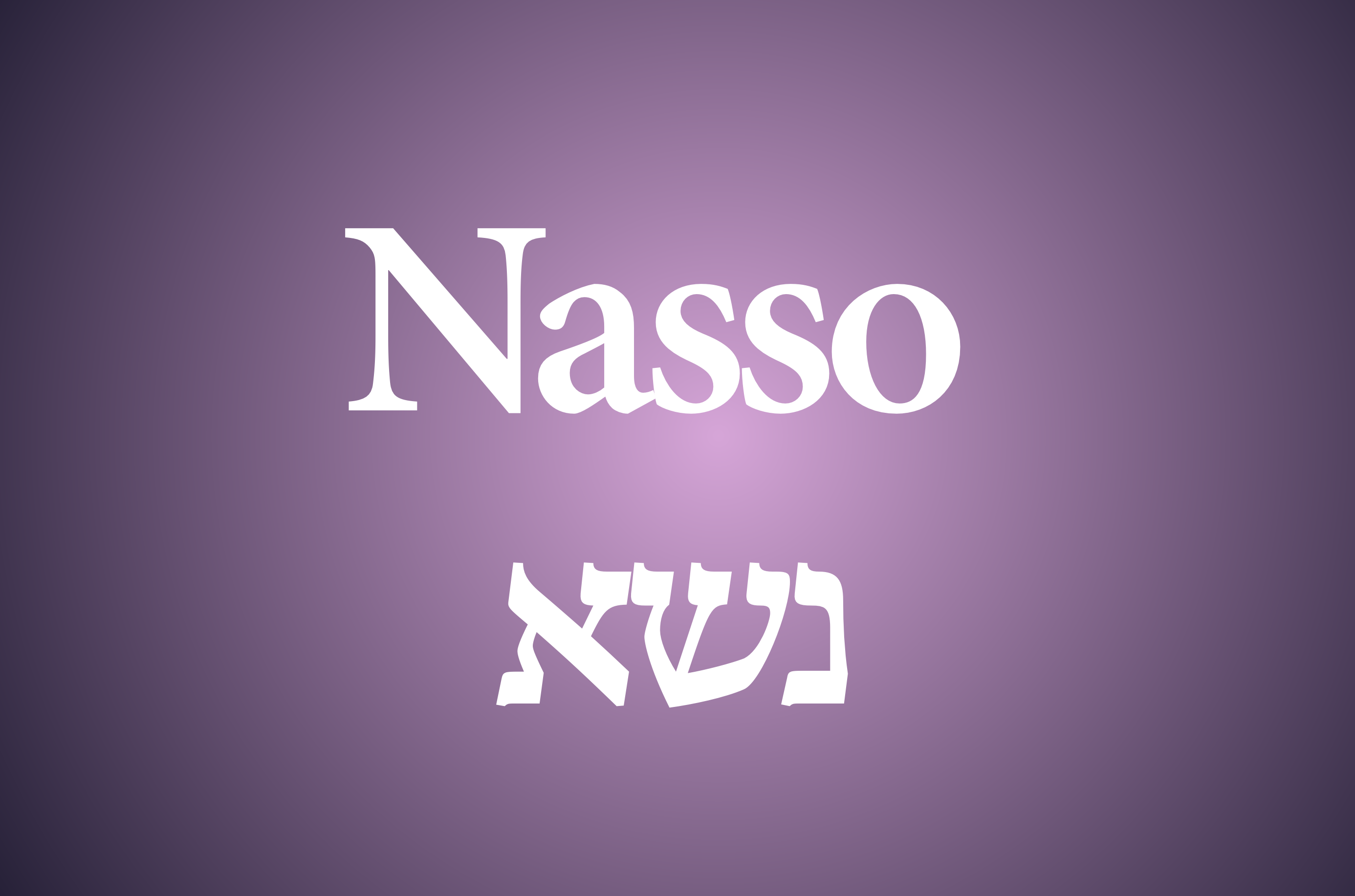
One verse, five voices. Edited by Salvador Litvak, Accidental Talmudist
The Lord spoke to Moses saying, “Speak to Aaron and his sons, saying: this is how you shall bless the children of Israel, saying to them, ‘May the Lord bless you and protect you. May the Lord deal kindly and graciously with you. May the Lord bestow his favor upon you and grant you peace.’” –Numbers 6:22-26
Miriam Mill
Chassidishe wife, mother and president of Tzaddik Foundation
The Priestly Blessing starts with the phrase “Yevarechecha HaShem veyishmerecha” — “May God bless you and protect you.” Since God told the Kohanim, “So shall you bless the children of Israel,” the blessing should be in the plural, “yevarechechem” but it’s not. “Yevarechecha” is in the singular. Why? The Taamei HaMinhagim gives a beautiful answer.
Before the Priestly Blessing, the Kohen recites the blessing, “Who has sanctified us with His commandments and commanded us to bless His nation of Israel be’ahavah, with love.” (Shulchan Arukh, Orach Chaim 128:11). Although the Kohanim are indeed blessing the entire congregation, they do so in the singular in order to indicate that God desires to bless the Jews with the unity that results when love prevails. The Kohanim, who serve in the Temple, bring God’s blessings to the people but only when love exists among the Jewish people. It is as if love fuels and directs the power of the Shekhinah, divine presence, which resides on the Kohen’s fingers during the Priestly Blessing toward each Jew, thus blessing Am Yisrael with so much good.
We are told that the Second Beit HaMikdash, Holy Temple, was destroyed because of sinat chinam, baseless hatred, and that unconditional love will rebuild the final Holy Temple. May we learn to love one another if only because we are part of God’s chosen nation and see the rebuilding of the Beit HaMikdash immediately, bringing peace, prosperity and wisdom to the world.
Rabbi Mendel Schwartz
The Chai Center
I was fortunate to receive a scholarship so I could study for my master’s degree in rabbinics in Melbourne, Australia. One evening, we played hooky and went downtown to watch “Fiddler on the Roof.” As a rabbinic student, I was amazed to hear the actors sing verses from this week’s Torah portion in two separate songs. “May the Lord protect and defend you …”
And the 3,000 gentiles in the exquisite theater cheered wildly. That made me proud. More than 50 years after its original opening, the show is stronger than ever, playing recently at the Pantages on Hollywood Boulevard. This makes me even more proud.
But why the craze? Why the fascination?
Now we have a new show taking the world by storm: “Shtisel,” a series available on Netflix. And everyone who sees it looks at Charedim, the very Orthodox, in a more empathetic and positive light.
When you learn about a group by having dialogue with one person at a time rather than hearing stats or generalizations, you come to fathom them at a much deeper level. You learn the character of individuals by breaking bread in their house, speaking with their siblings and having tea with their parents, which is what “Shtisel” did for us.
The more we thus encounter Jews we haven’t previously met, the more our Jewish community as a whole will flourish. And to that, let us all say, “Amen!”
Rabbi Yosef Kanefsky
B’nai David-Judea
The second sentence of the blessing, here translated as “May the Lord deal kindly with you,” is rendered more literally, “May the Lord shine His face toward you.” While the image is arresting, the precise meaning is enigmatic.
Rabbi Jacob Sforno suggested that the blessing here is that God illuminate our eyes so that we can see the wonder that God created in the world, and the beauty that God placed in the Torah. God’s “shining His face toward us” is God helping us to behold things that are in plain view, but which in the bustle of daily life, we fail to perceive. The beauty of the people around us, the affection of the people who love us, the magnificence of the hills and birds and trees. The profundity of a mitzvah to always judge others favorably, the thrilling craziness of loving others as we love ourselves, the revolutionary and life-altering command to take every seventh day for God, for family, for community.
There are gifts hidden in plain sight. Until God blesses us with the light that shines from His face.
While the biblical command to convey this blessing is directed at the Kohanim alone, it has been the tradition since at least talmudic times that — without the formal Temple trappings — all of us routinely share this blessing with others, in particular with our children on Friday night. When we do so, we should stop and ask ourselves, “How can I help realize this blessing? How can I help others see the beauty and the wonder?”
Rabbi Ilana Grinblat
Vice president of community engagement, Board of Rabbis of Southern California
May God bless you with all the good things in life and keep you from the bad.
May God smile on you and give you beyond what you deserve.
May God face you and grant you peace.
Rabbi Elliot Dorff recited this blessing before an open ark, ordaining the new Ziegler School rabbis.
Since receiving that blessing 18 years ago, I’ve attended many inspiring Ziegler School ordinations. This year’s ceremony was more euphoric than ever. With 700 people gathered in a tent, the evening began with upbeat music, and during the ceremony, two ordinees, Rabbis Joshua Warshawsky and Ariel Wolpe, performed on guitar a song they composed for ordination. Rabbi Bradley Shavit Artson called them “rabbis and rock stars.”
At the ceremony, Rabbi Jonathan Hodson taught a talmudic passage wherein two rabbis discussed the fear that “the Torah would be forgotten from the Jewish People.” (Ketubot 103b). This age-old worry is one we share today. How do we keep the Torah alive and relevant for the next generation?
The ceremony itself offered an antidote to that angst. If our Judaism is only serious and somber, the next generation might run for the hills. Yet, if our Judaism is passionate, joyful, musical and moving, there’s no reason to worry.
Since Jewish history has included manifold tragedies, there are times when we need to mourn. Yet, whenever possible, the default setting of our faith should overflow with joy and gratitude for the miracle of life.
May God bless us all with jubilance.
Rabbi Gail Labovitz
American Jewish University
Often, when the rabbis sought to understand a word or passage in the Torah, they turned to other instances of those words or ones like them in Scripture for clues to their meaning and implications. Thus, in Sifre Bamidbar, the earliest midrashic work on the Book of Numbers, this short blessing is linguistically and conceptually connected to other places in the Bible where mentions of blessing, protection, grace, divine light, peace, etc., appear.
As just one example, to be “protected” can mean divine protection from malevolent or dangerous outside forces, both human and of the natural world: “See, the guardian of Israel neither slumbers nor sleeps. … By day the sun will not strike you, nor the moon by night. The Lord will guard you from all harm …” (Psalm 121:5-7). We also need protection from our own base impulses, our sinful appetites: “For the Lord will be your trust, and will guard your foot from the snare” (Proverbs 3:26). Additionally, we pray that both parties to the covenant between the Jewish people and God will maintain — protect — that fundamental relationship, “If you heed these rules and maintain and do them, the Lord your God will maintain faithfully for you the covenant …” (Deuteronomy 7:12). And so too for each key word in the blessing.
When the priests bless the people or we bless our children with the words of this blessing, all of these associations are invoked. In rabbinic exegesis and in our hearts, may this already rich blessing continue to grow and overflow in meaning!








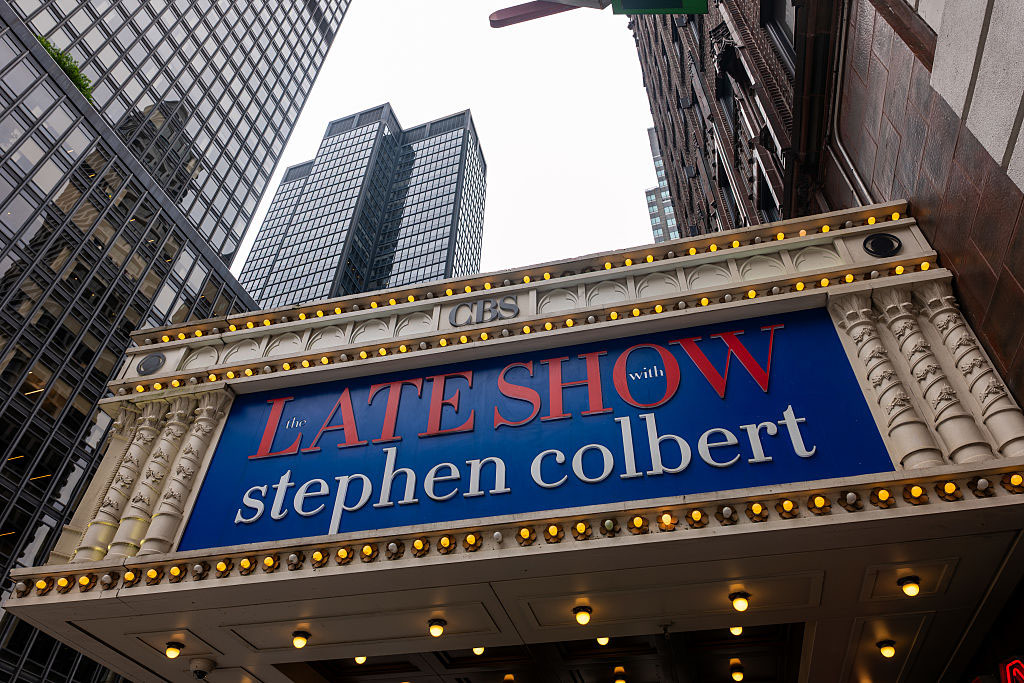



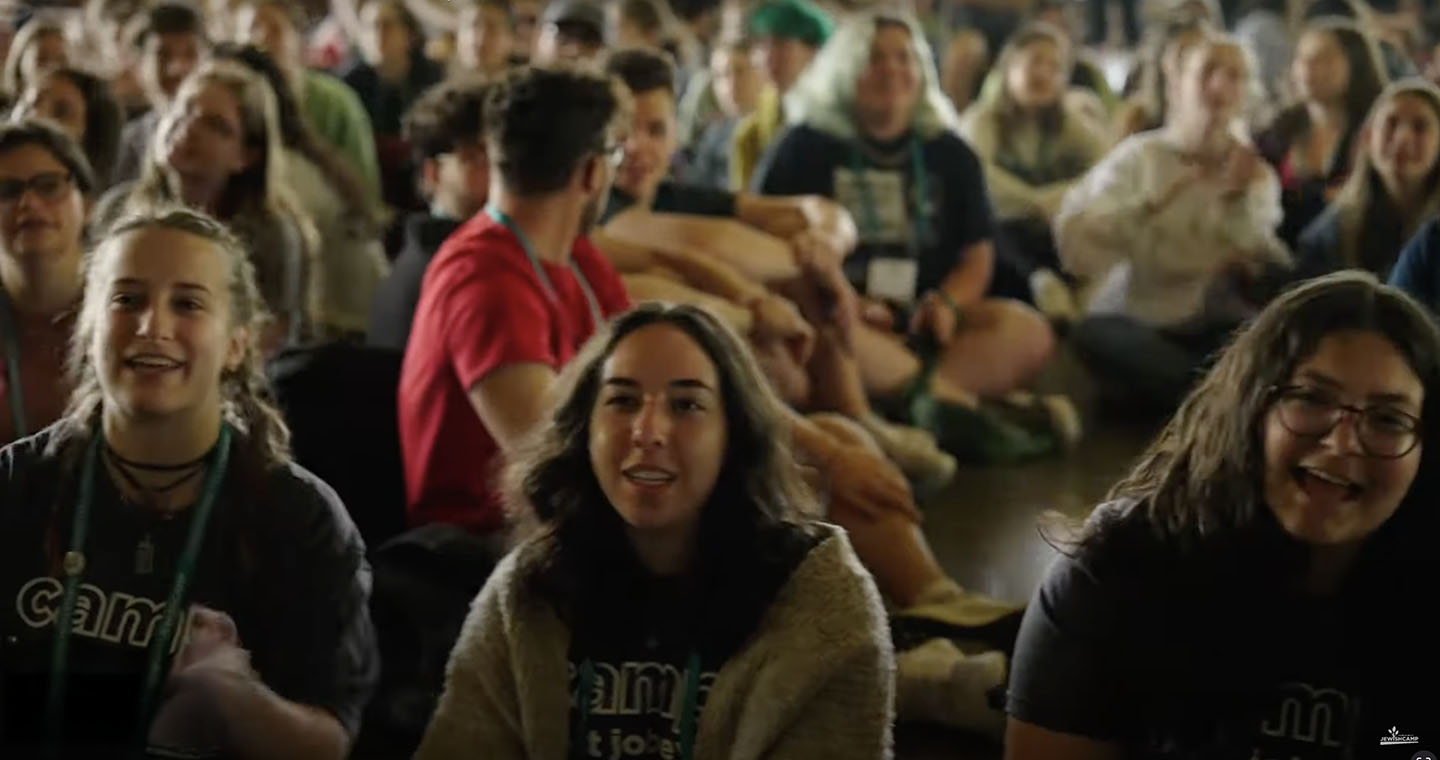

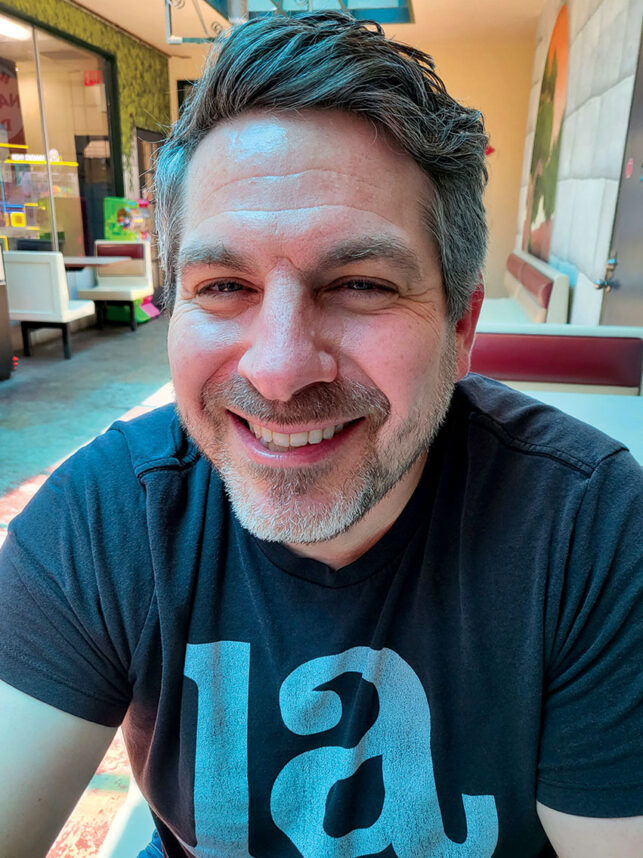


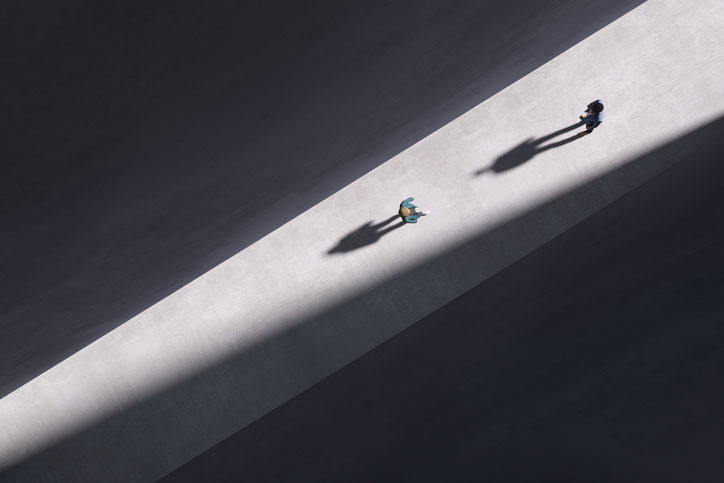
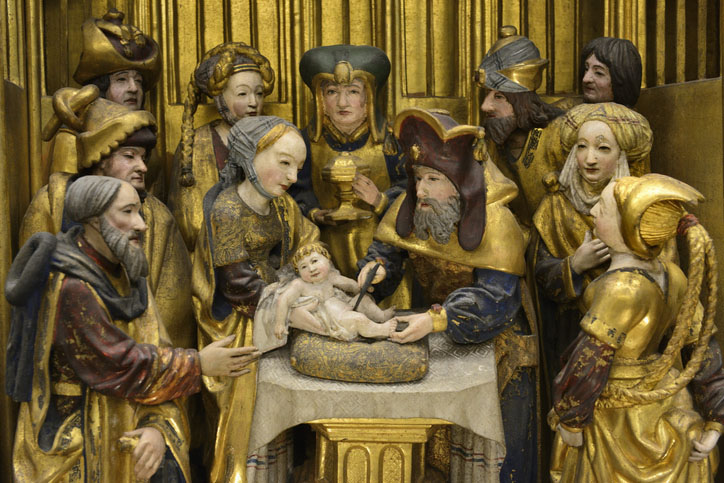
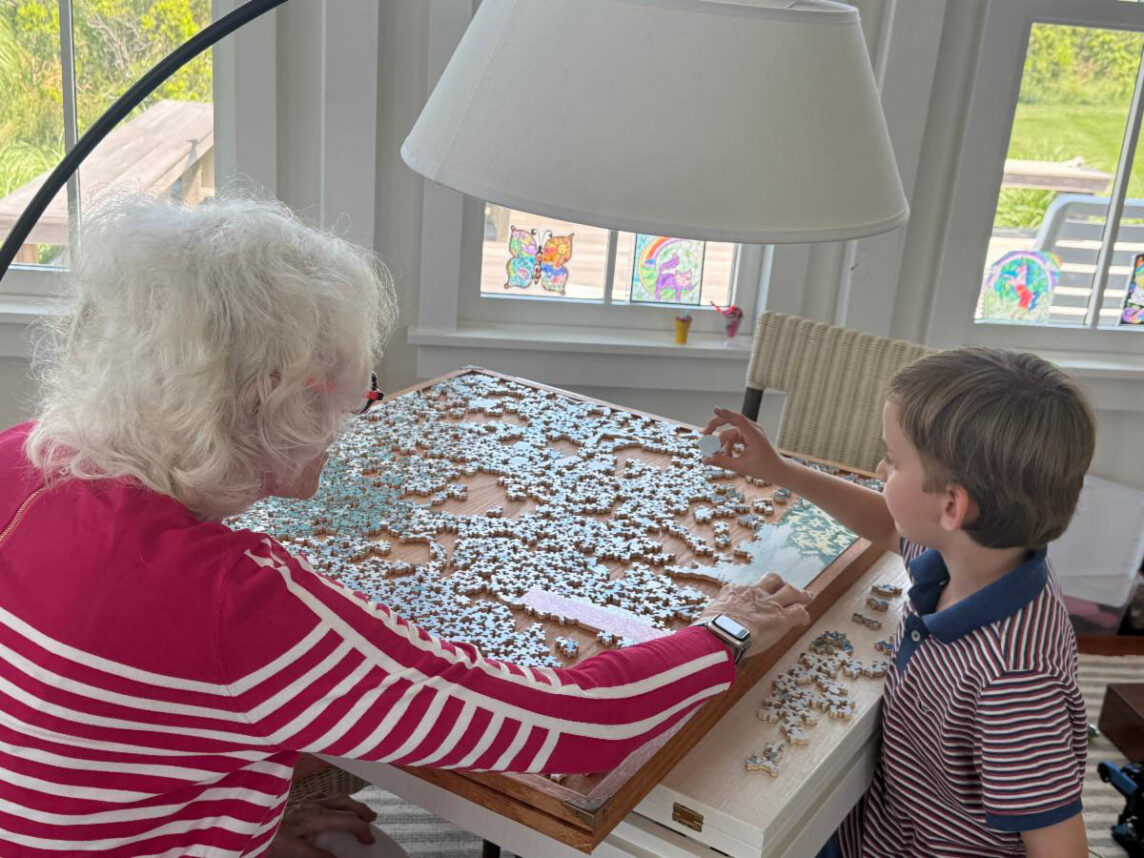


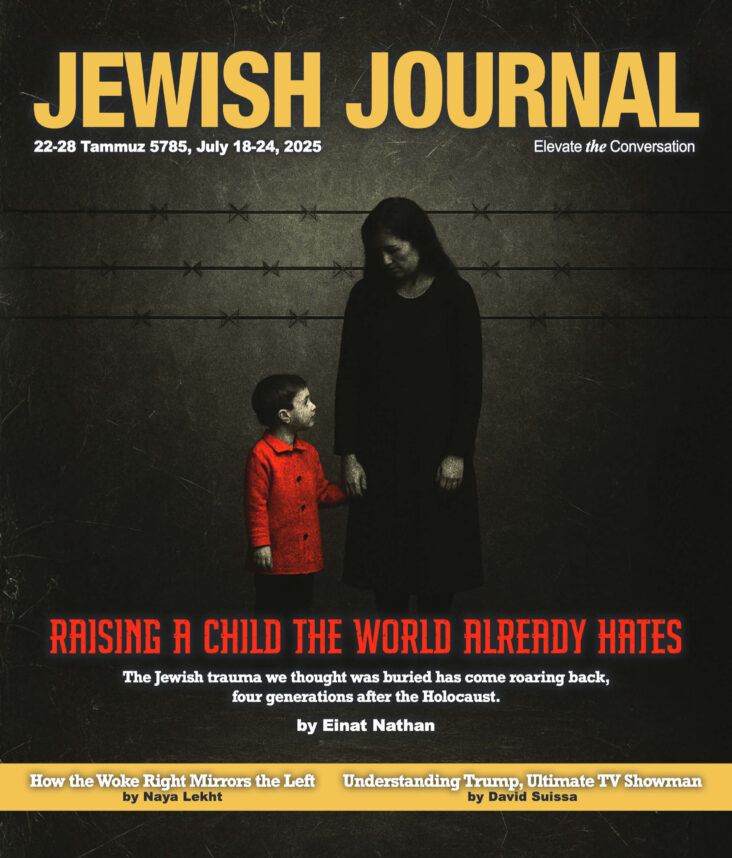
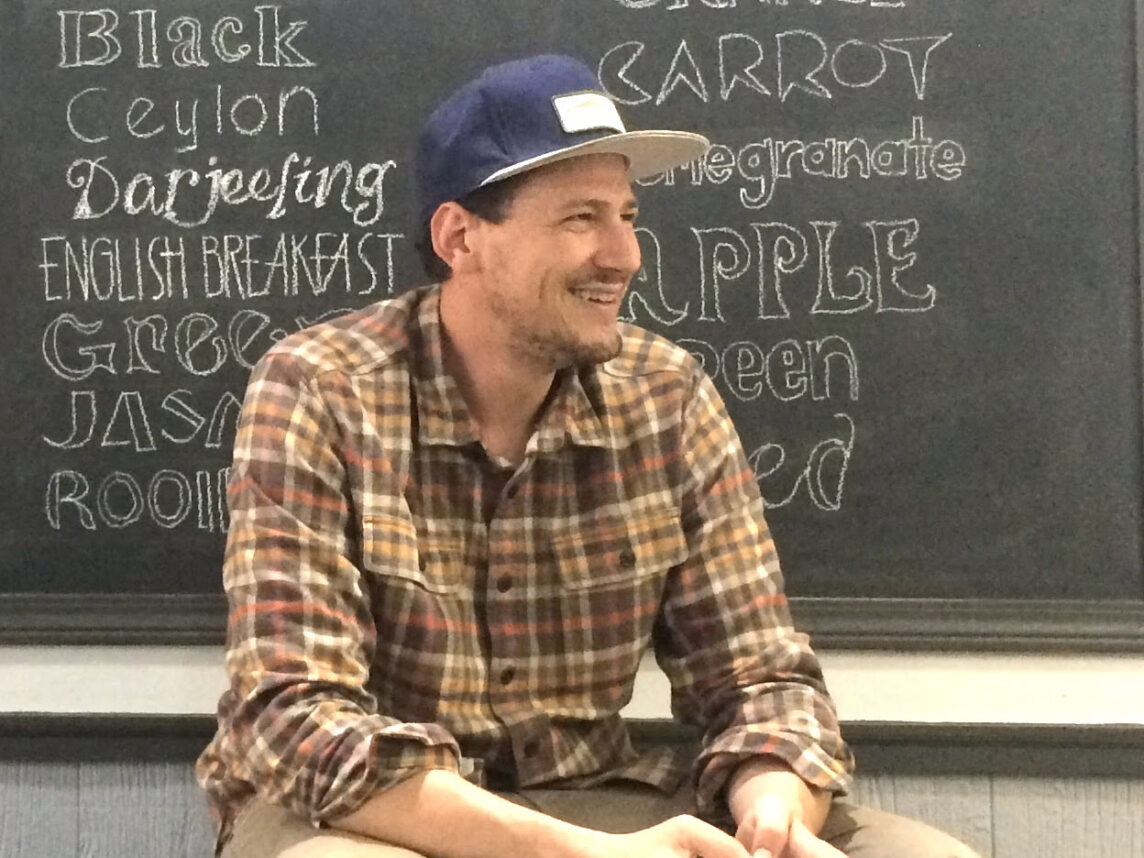
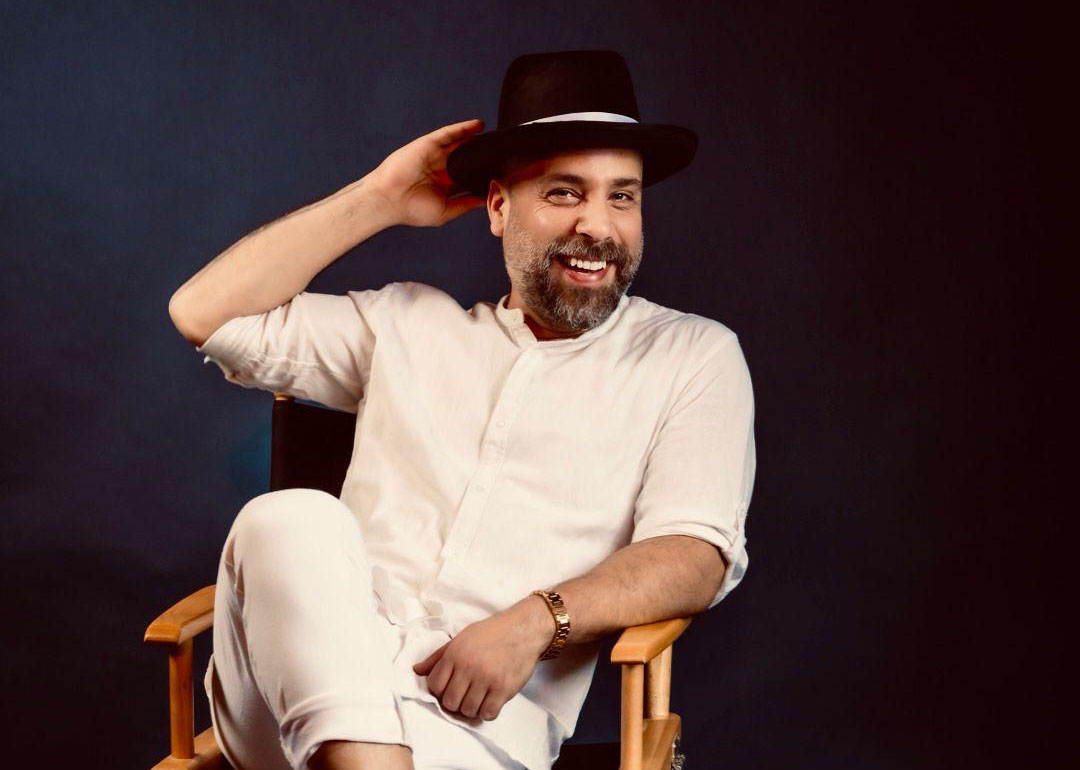

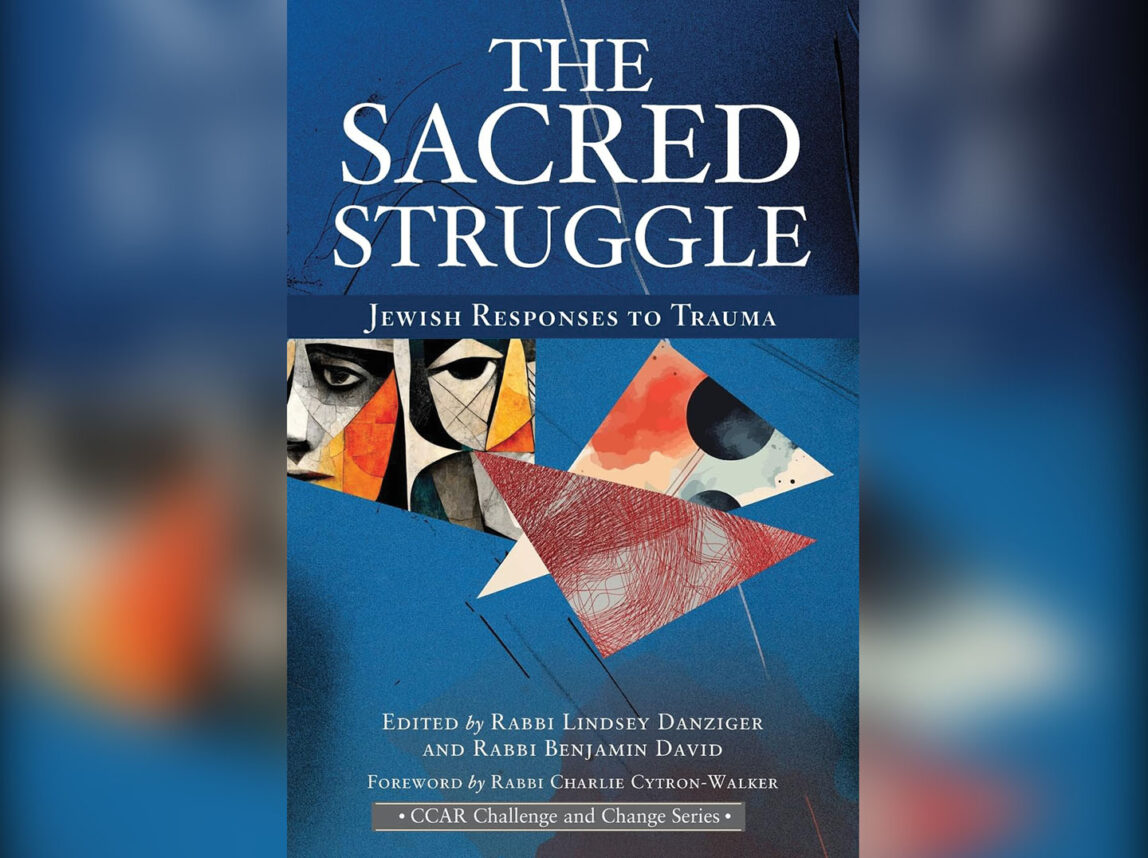
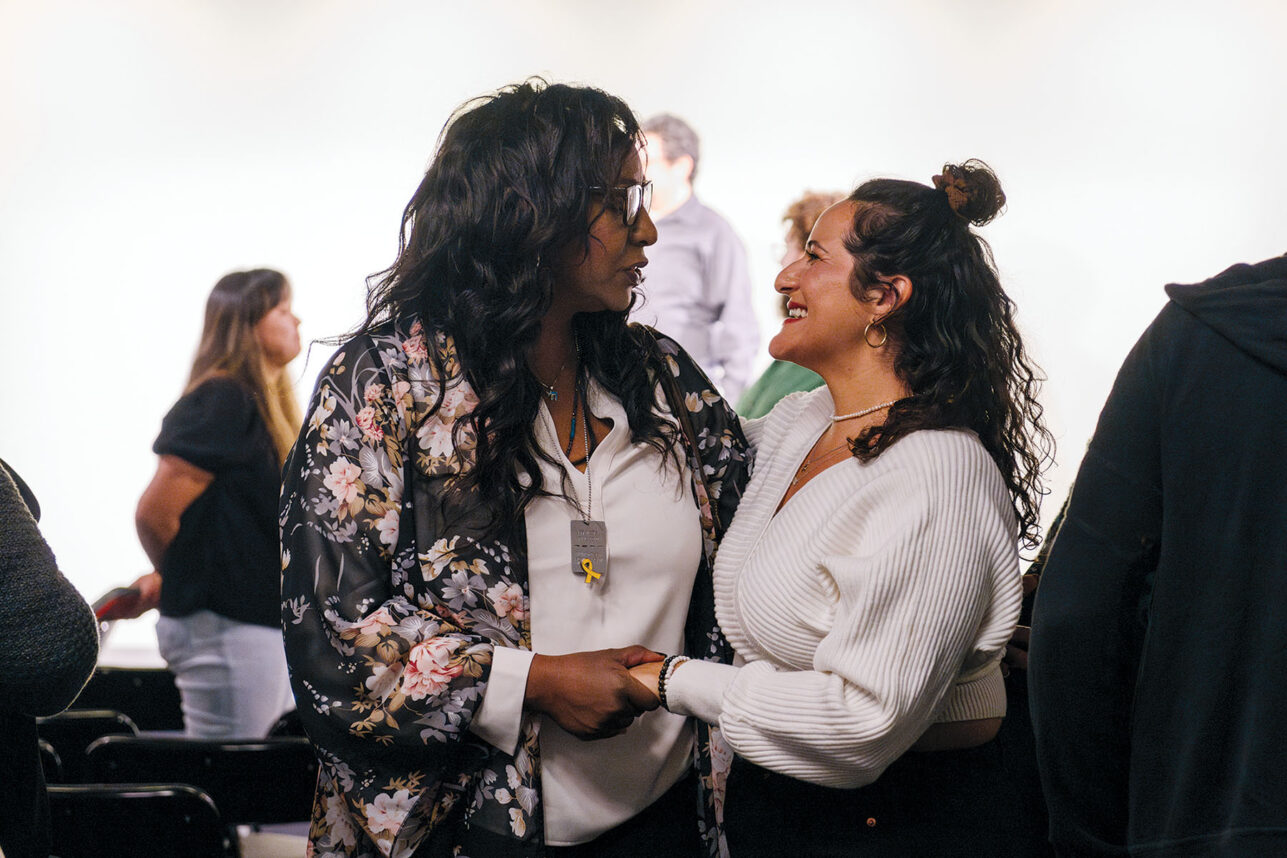
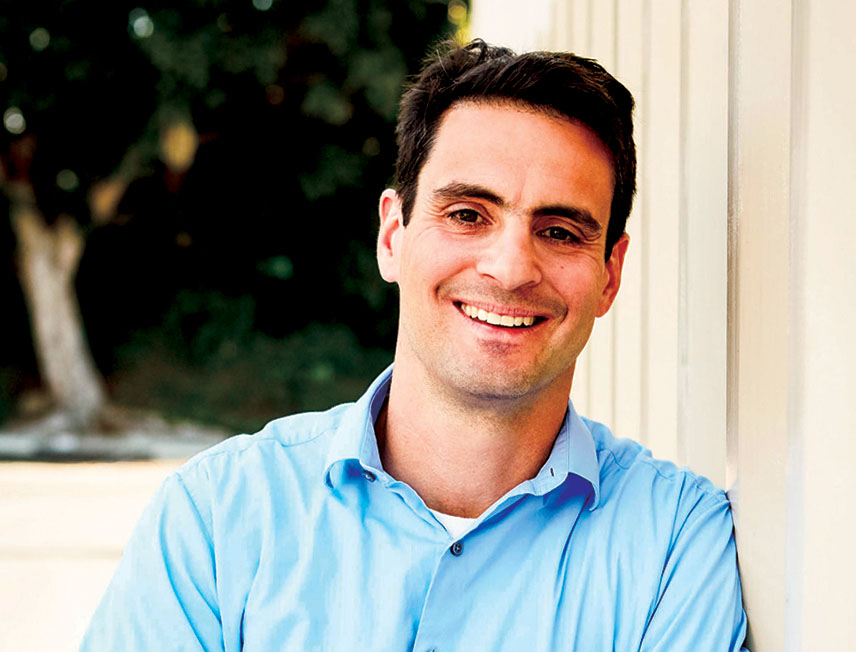
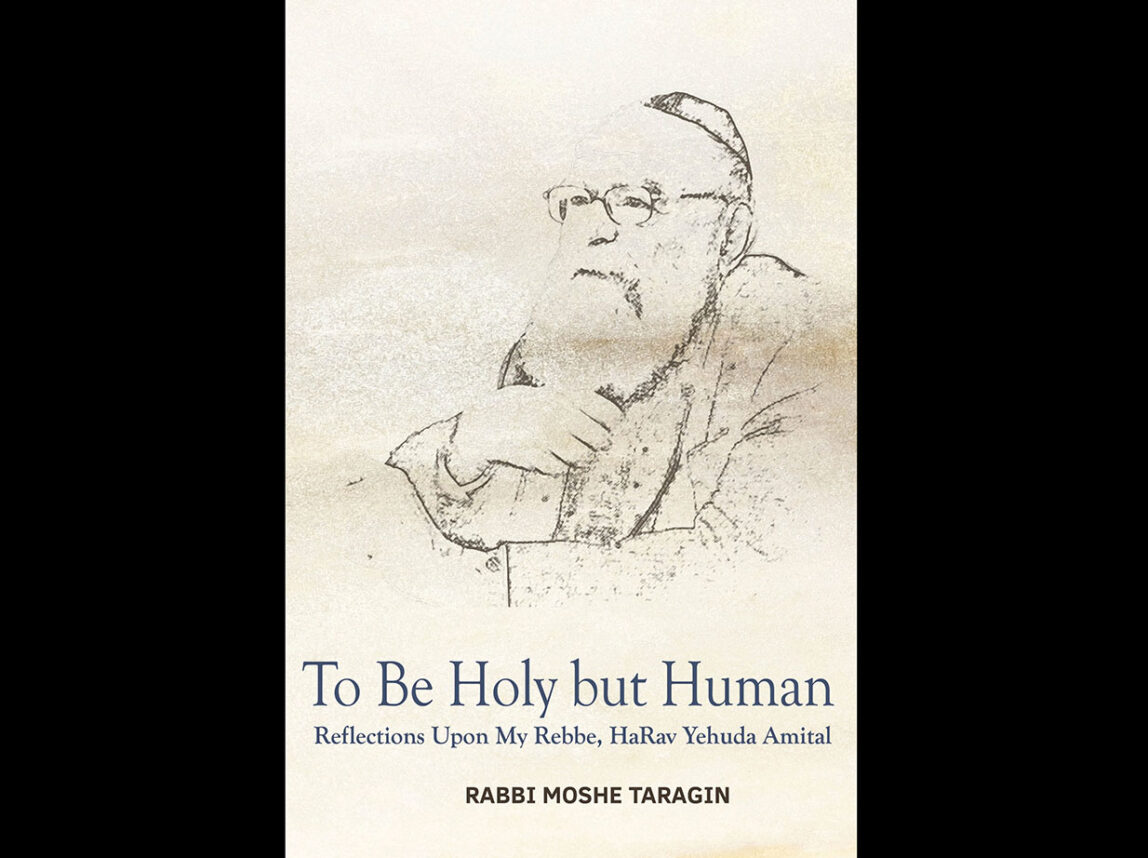
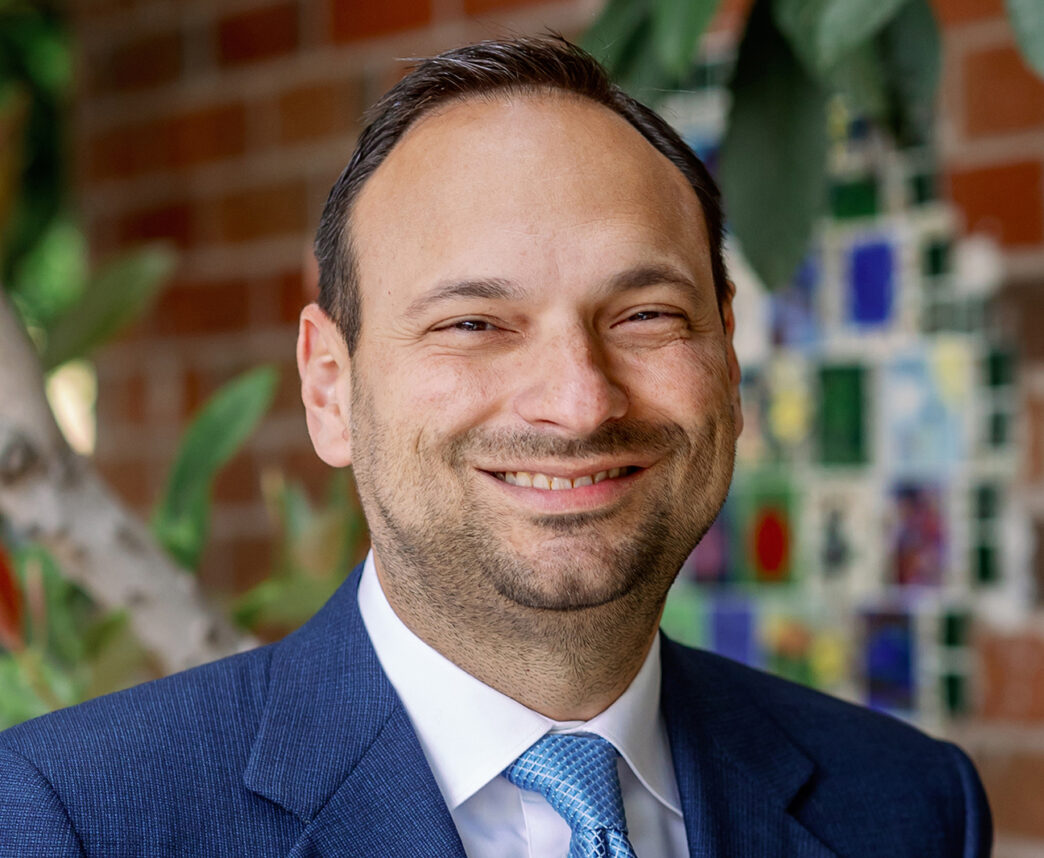



 More news and opinions than at a Shabbat dinner, right in your inbox.
More news and opinions than at a Shabbat dinner, right in your inbox.